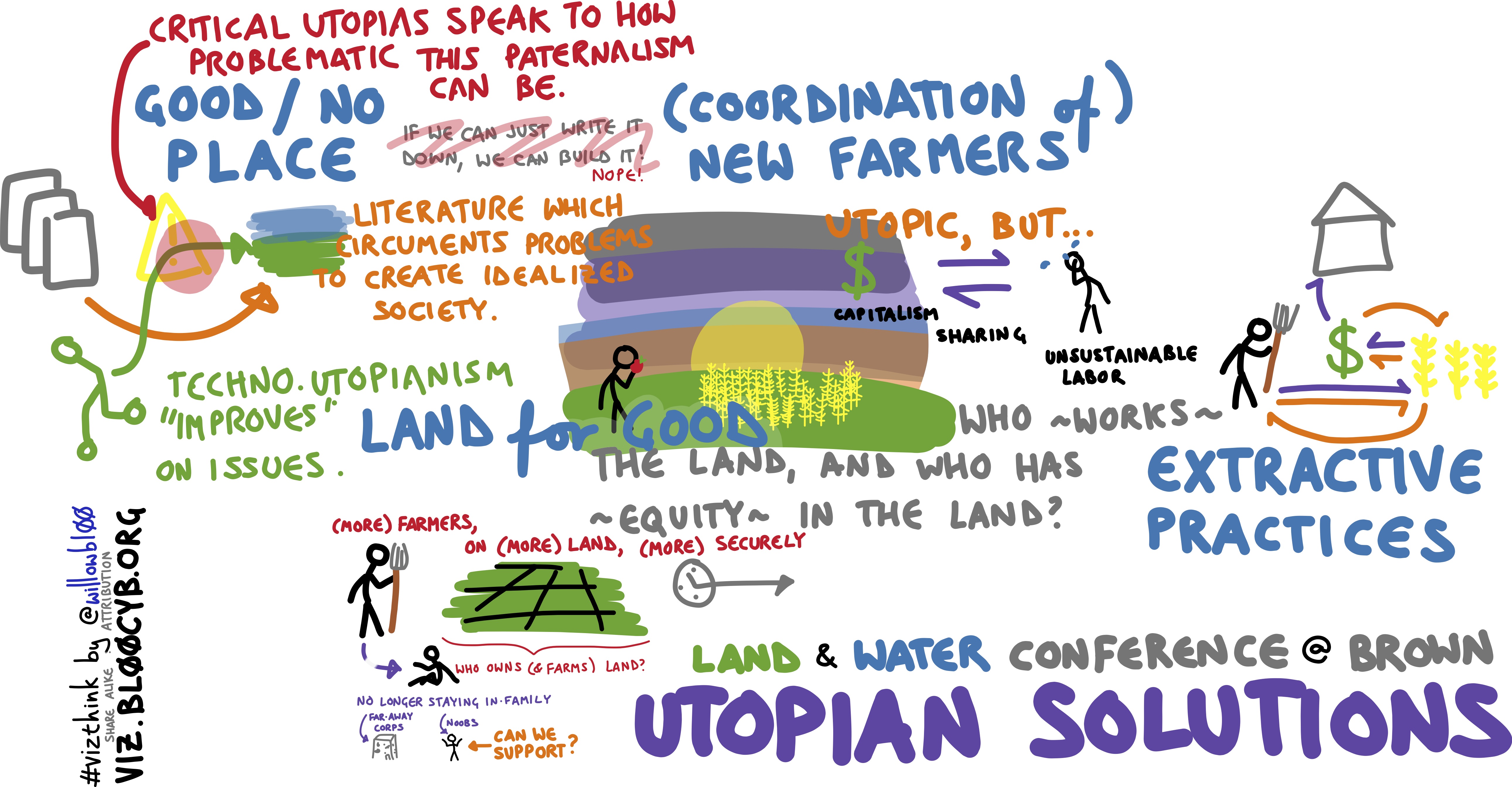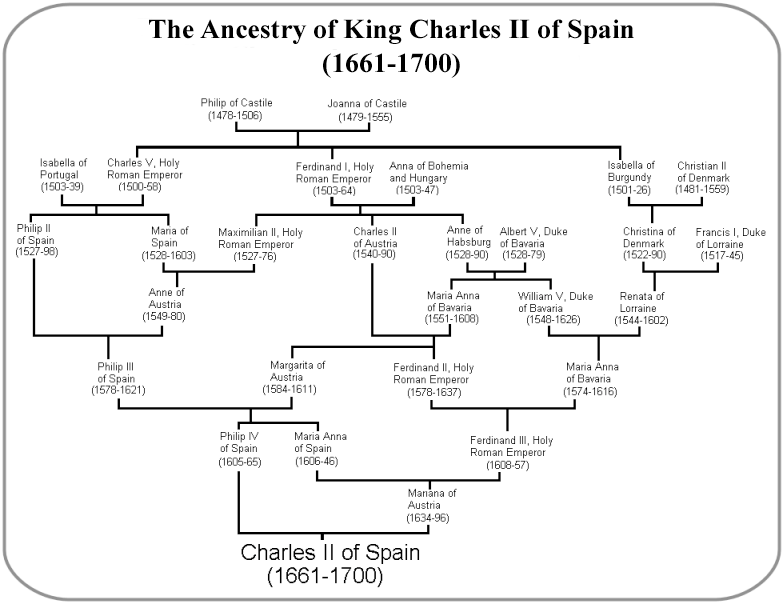We will explore themes of reduced access that have developed out of tensions in property-holding, leases, and contracts; forms of control exerted or facilitated by the state, by law, and by other institutions; and exclusions of class, race, and gender. We believe that history has lessons to offer about how change is introduced to society. In taking this long perspective, the conference invites proposals that look backwards in order to look forwards.
Academics will have an opportunity to be inspired by the practical questions of activists acting in the present, as activists talk about their work, their present projects, questions, and concerns. Activists, in turn, will have the opportunity to articulate large structural conceptions such as capitalism, empire, or debt in relation to access to land and water.
I’m here because the organizer, Jo Guldi, has been a dear friend and on-again off-again roommate of mine since my move to Cambridge in 2013. Through her, I have begun to see the underlying fabric of many social justice causes of who has access to what, and how important a long-term view is.
Opening Remarks
The opening did a beautiful job of framing the conference overlap of activists and academics, with author John M Barry speaking about seeing himself as an academic who speaks the truth, and is therefore seen as an activist/environmentalist. As the beginning of what would be ongoing themes of access to information and accountability, he also pointed out that while both legislation and media are pointing at the levees in Louisana being the culprits of land loss, locals know it’s because of the oil industry dredging canals in order to place equipment. The permits for dredging explicitly indicate that backfill must happen within 90 days of the dredging, and yet years later it still hasn’t happened. He states that the oil industry should be paying for fixing the part of the damage which they have caused — no more, and no less.
Technology and Infrastructure
The Technology and Infrastructure panel focused on the interlinking and continuum between these, with a hopeful view of new opportunities, and a historical grounding in past efforts. We heard from:
- Dorn Cox, of FarmHack, on open-source engineering and the economic support of small holders
- Mark Healey, University of Connecticut, on dams, territory, and utopian schemes for water governance in Argentina
- Don Blair, of Public Lab, on the new cheap age of water quality monitoring, solar, and everything else
- Timothy Gorman, Cornell University, on the politics of water management infrastructure and salinity control in the Mekong River Delta
- David Kinkela, State University of New York, on the history of plastic waste
I like that this conversation didn’t look for One Silver Bullet to Rule Them All, but rather looked at the systemic issues of externalizing costs and accountability. Represented were both extremes of citizen science in Louisiana holding governments and corporations accountable (or at least proving damage, even if no further steps were taken), as well as communities in Vietnam tearing down government-sanctioned levees so they could continue raising salt water shrimp for higher income than they might get from farming rice. We asked who gets to ask the questions, and to what purpose (a story, a court case, a profit, etc). Another theme was that of externalization of cost, with recycling becoming the responsibility of the consumer, rather than industry needing to produce degradable items. All returned to the topic of the conference – a long term perspective, and who both pays and benefits from which choices.
Command and control, citizen science, regulation and monitoring — who is responsible for what? #landandwater pic.twitter.com/KaKj3AhvCZ
— Willow Brugh (@willowbl00) September 4, 2015
During our breakout session, we talked about failure as both not talked about enough, being the only framing for continued financing of municipalities, and how great the idea of “releases” in software is as a way to establish the mindset of iteration. We also discussed how closed off most data is, and how imperitive it is to share in order to establish a baseline and scientific rigor.
Utopian Solutions
This panel focused on what utopian ideals have to do with how we approach land and water access issues. We heard from:
- Christopher England, Georgetown University, on Henry George and why the rent is so damn high.
- Paul Graham Raven, University of Sheffield, UK, on how meta systemic infrastructure reifies the post-Enlightenment dichotomy between society and nature, and the potential for more sustainable infrastructures.
- Thomas Summerhill, Michigan State University, on the historical successes and failures of democratic rural movements in New York and what they can tell us about the age of fracking.
- Tess Brown-Lavoie, of Young Farmer Network and Sidewalk Ends Farms, on the future of farming.
- Jim Hafner of Land for Good on the role of land tenure, reform and forms of “management” as environmental/land enclosure.
This conversation focused on the disconnect between those who work the land, and those who have equity in the land. Tess focuses on working the land (and organizing others who do the same), Jim on how to ensure farmers have ongoing access to their land, Thomas on historical manifestations of these tensions, Christopher on why land use is so tied to rent levels, and Paul on the overall idea of utopia. We walked away understanding that democracy isn’t enough to combat corporatism, and that we need to organize ACROSS borders in order to combat (inter)national corporations/capitalism
So far as the ideals of utopias, rather than blueprints to “just deliver on,” can we try out different “solutions” in a way which still celebrates free will? Utopia is a horizon, but we should expect (or even wish) to reach.

Closing
Laura Gottesdiener on Water, Housing, and Land: The Battle for American Cities
Embed after dinner:
detroit water crisis video
taking over, taking back on vimeo

